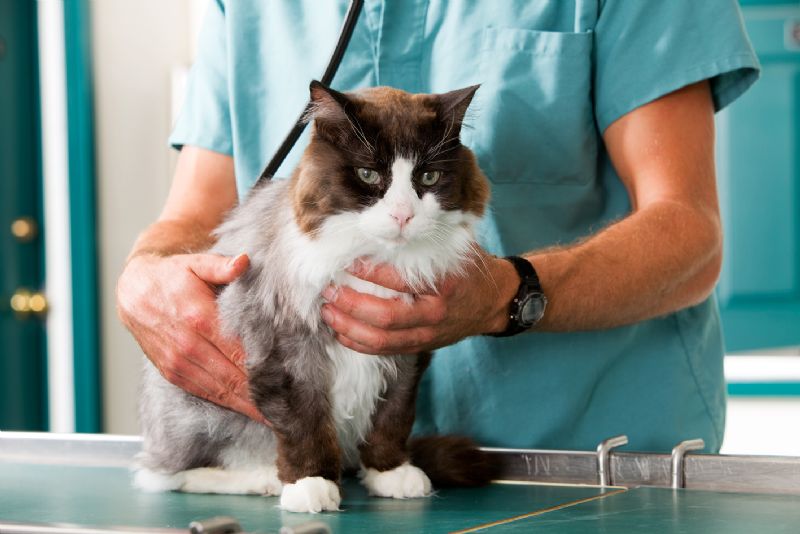- Home
- News, Articles & Reviews
We are hiring! Please click here to join our growing magazine delivery team in Gloucestershire!
Areas
Pets & Wildlife
Archive

Kidney disease in cats
All Areas > Pets & Wildlife > Pet Care
Author: Megan Jackson, Posted: Monday, 1st March 2021, 08:00
Chronic kidney disease (CKD) is a very common condition in older cats. Catching it early is key to managing the disease and providing the best quality of life possible for your furry friend.
Sadly, CKD is a progressive, incurable disease but there are many things that can be done to help manage it, so regular vet checks are important as your cat gets older.
The kidneys have a number of functions that include filtering blood and balancing electrolytes, so when they are not working properly, a range of symptoms can occur.
What to look out for
Both the symptoms and progression of this disease can vary between individuals but common things you might notice in your puss include weight loss, lethargy, increased thirst and urination, and loss of appetite. If you are concerned about these things then best to book a check over.
CKD is diagnosed with a blood test and urine sample. These blood tests can pick up other complications such as changes in potassium levels and anaemia, which are commonly associated with CKD. High blood pressure is also a frequent finding. Dilute urine indicates that the kidneys are struggling to do their job, therefore urine samples are helpful to check both concentration and other urine abnormalities.
What can be done to help?
Occasionally, a specific cause for CKD is found and can be treated, but usually the specific cause is unknown and treatment is therefore just supportive and aims to slow the progression.
Medication can be given to manage potassium levels and blood pressure. Fluids may also be required to correct dehydration, and regular checks to monitor for urine infections are recommended (a common occurrence with CKD due to dilute urine). Diet modification is also a key part of the management. Ensuring high water intake through food and swapping onto a specific kidney support diet also helps.
Whilst this disease is a difficult diagnosis to be given, many cats will live with it for a long time with a good quality of life, especially if picked up early and managed well.Copyright © 2025 The Local Answer Limited.
Unauthorized use and/or duplication of this material without express and written permission from this site's author and/or owner is strictly prohibited. Excerpts and links may be used, provided that full and clear credit is given to The Local Answer Limited and thelocalanswer.co.uk with appropriate and specific direction to the original content.More articles you may be interested in...


© 2025 The Local Answer Limited - Registered in England and Wales - Company No. 06929408
Unit H, Churchill Industrial Estate, Churchill Road, Leckhampton, Cheltenham, GL53 7EG - VAT Registration No. 975613000You are leaving the TLA website...
You are now leaving the TLA website and are going to a website that is not operated by us. The Local Answer are not responsible for the content or availability of linked sites, and cannot accept liability if the linked site has been compromised and contains unsuitable images or other content. If you wish to proceed, please click the "Continue" button below:




